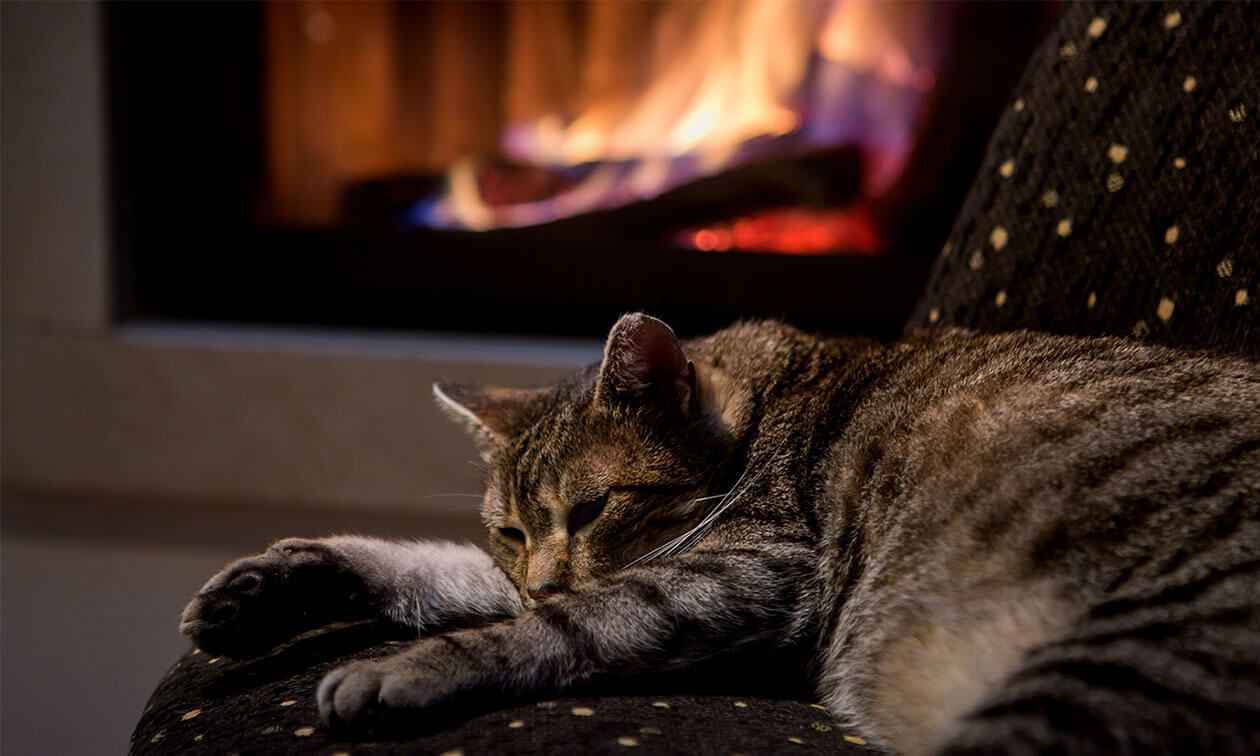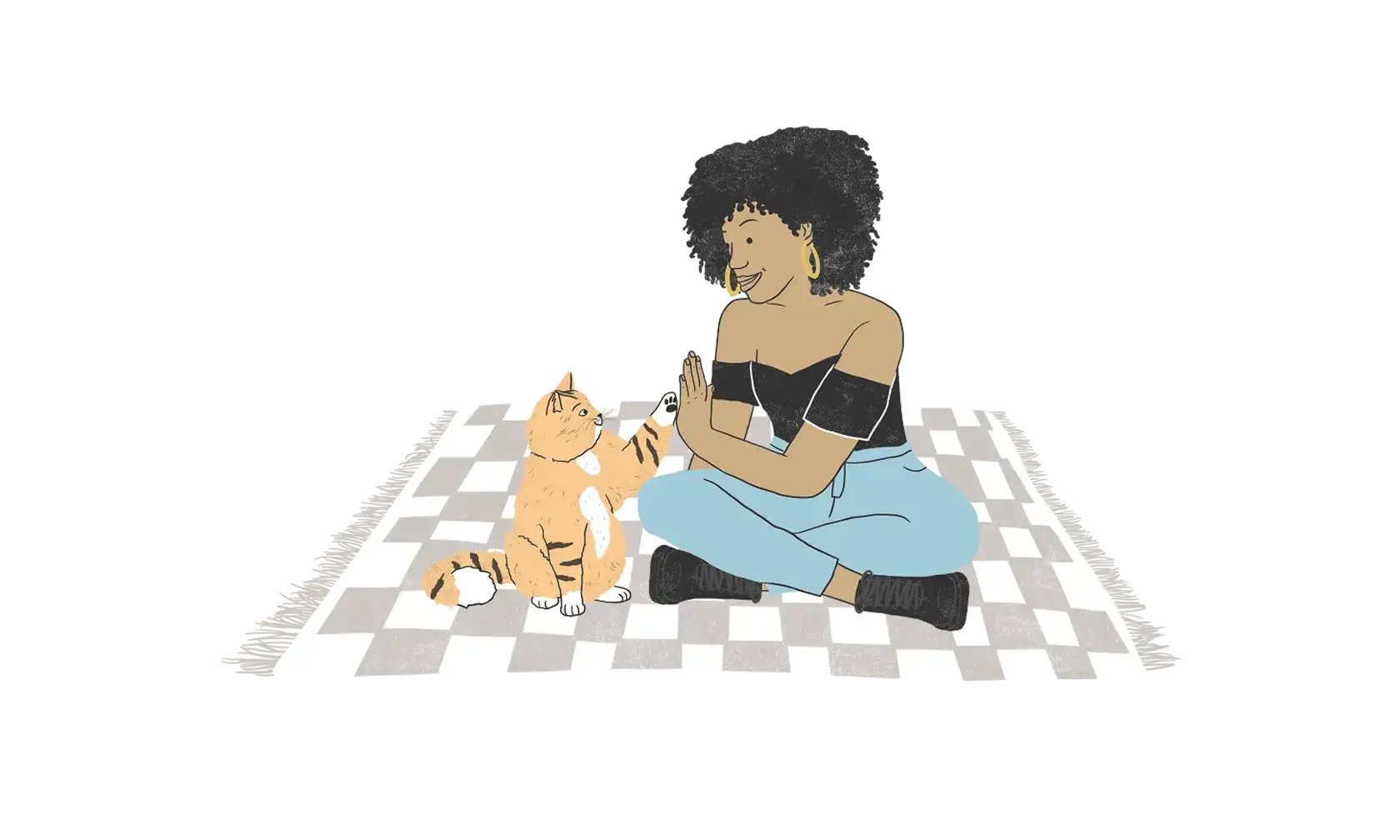Many people assume cats are nocturnal because they often seem most active when their humans are trying to sleep. But are they truly creatures of the night? The answer lies in understanding feline biology, behavior, and their natural sleep patterns.
Understanding Cat Sleep Patterns
The sleeping habits of cats have been the subject of scientific studies going back decades. Studies from the 1960s through the 1990s were primarily scientists or cat owners observing cats and recording their behaviors to determine what sleep patterns were found.
Advances in technology in the 2000s have allowed researchers to observe cats from afar without disturbing them while they roam, eat, and rest. This has brought a new perspective to our observations of our feline friends.
Cats Are Not Nocturnal — They’re Crepuscular
Despite popular belief, domestic cats are not nocturnal. They are crepuscular, meaning they’re most active at twilight (dawn and dusk). The theory is that in the wild, a cat’s prey are most active at dawn and dusk. It makes sense for the predator to be most active at those same times. While domestic cats living in your home may no longer depend on hunting prey, they still have the natural instincts to be most active at dusk and dawn. However, they should be sleeping overnight. This means they are not nocturnal. But it doesn’t mean they won’t happily wake you up for a meal at the first sign of the sun over the horizon.
What is a Circadian Rhythm?
A circadian rhythm is the body’s normal cycle guided by light and dark. Each type of animal has their own circadian rhythm. For human beings, at least most of us, ours dictates that we are awake during the day and asleep at night.
Look at Your Cat’s Eyes for Clues
One clue about whether a cat is nocturnal is in the shape of their pupils. The domestic cat has a beautiful vertical slit pupil, while the puma, tiger, and lion have round pupils. A recent study looking at the pupil shapes of many species found that animals who have vertical slit pupils are hunters during both the day and night!1 But that doesn’t necessarily mean cats are hunting overnight.
How Many Hours Do Cats Sleep in a Day?
Newborn kittens sleep about 22 hours a day. As they grow, they gradually become more alert and spend more time awake.
Most adult cats sleep 12 to 18 hours a day. Some adult cats sleep in predictable patterns. In contrast, others have bursts of activity throughout the day and night. Often, male cats are more active throughout the day than female cats. The time cats sleep increases as they get older, often to about 20 hours a day. Let your vet know if your cat’s sleep patterns change suddenly.
However, just because your cat can sleep 18 hours a day doesn’t mean they should. Cats often sleep all day because they have nothing else to do. They’re surrounded by the same environment, toys, and activities day in and day out. They lose interest, and sleep takes the place of enrichment. But if they were living in the wild, they’d be chasing a bug here, climbing a tree there, investigating a new smell they caught while napping, etc.
How Does Outdoor Cat-Sleep Differ from Indoor Cat-Sleep?
The scientific studies on cat sleep have generally been performed on indoor cats. Studies on feral cats and free-roaming indoor-outdoor cats are lacking. Stray and feral cats may not benefit from the good diet, veterinary care, and climate-appropriate housing available to indoor cats. These factors may lead to poor sleep, just as it would for a human.
Would you like to help outdoor cats in your area sleep better and more naturally? In cold climates, outdoor cats need access to a covered shelter, preferably with clean straw bedding. Cloth bedding can freeze, leading to frostbite. In hot climates, outdoor cats need access to a shaded shelter with ventilation.
ZPC-04487
- Why do animals eyes have pupils of different shapes. ScienceAdvances. https://www.science.org/doi/10.1126/sciadv.1500391. Accessed December 21, 2023.



